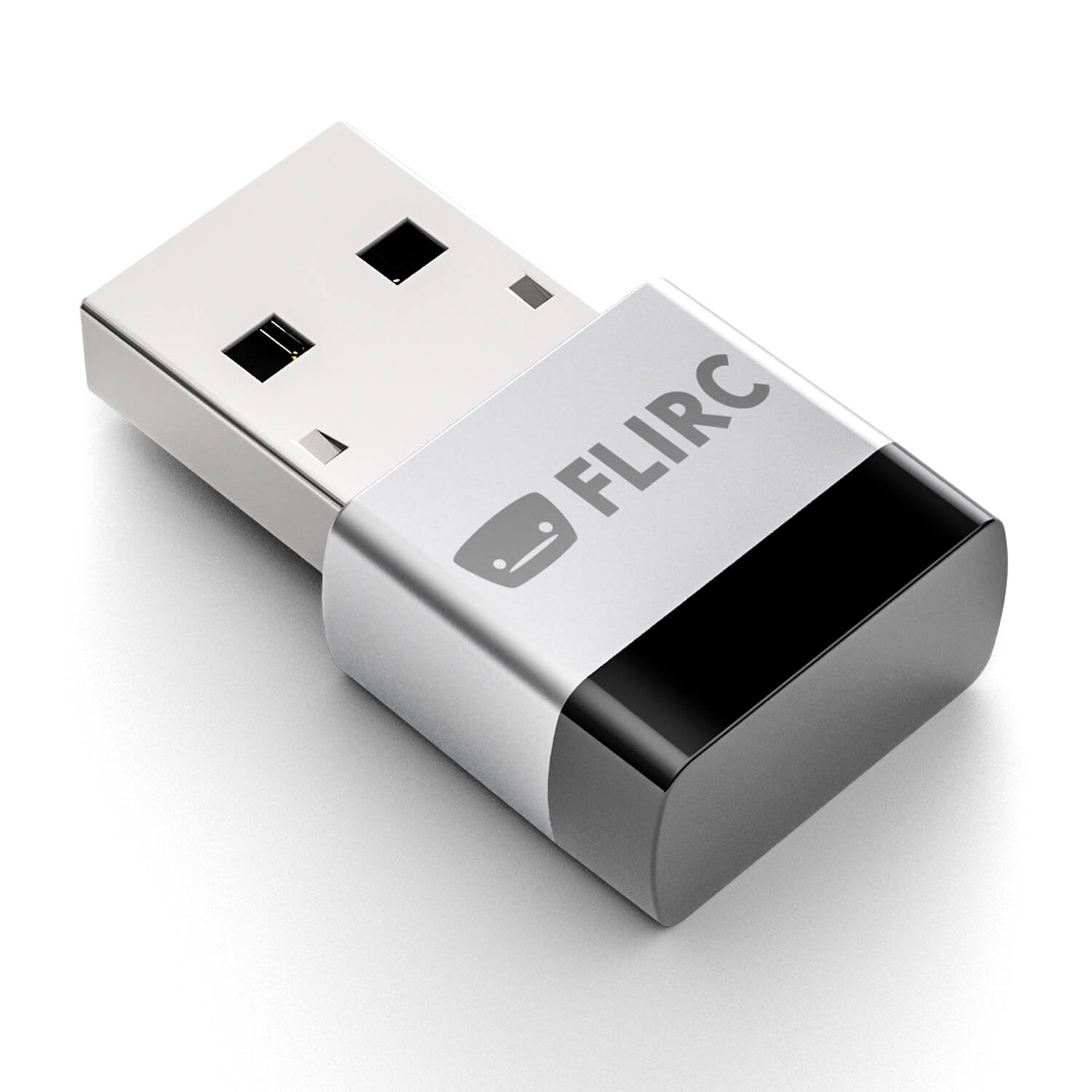B
badbrain
Guest
Like the title, it's sad. I have to abandon FreeBSD only because I no longer have access to the internet cable, having to use wifi with an old desktop PC and my wifi dongle doesn't supported by FreeBSD. Indeed not supported by any OSes other than Windows and Linux. Very silly but true. I researched for many days and ended up given up. They sold many cheap dongles, but none supported by the BSDs because it's too new. If I want to continue using FreeBSD, I have to search for very old ones. And I found Wifi speed on the BSDs just very poor because lack of properly driver support. I just gave up. My country is just not the US.
Other BSDs even worse. And OpenIndiana even can't boot on my Core 2 duo, it's just silently hangs.
Linux is the cheapest option for me. I don't want to go back to Windows 7. If I want to use the BSDs, I have to invest even more. I just found, the more widely supported a products, the cheaper it is to use it. That's evenly right for smartphones. So, bye.
Other BSDs even worse. And OpenIndiana even can't boot on my Core 2 duo, it's just silently hangs.
Linux is the cheapest option for me. I don't want to go back to Windows 7. If I want to use the BSDs, I have to invest even more. I just found, the more widely supported a products, the cheaper it is to use it. That's evenly right for smartphones. So, bye.



